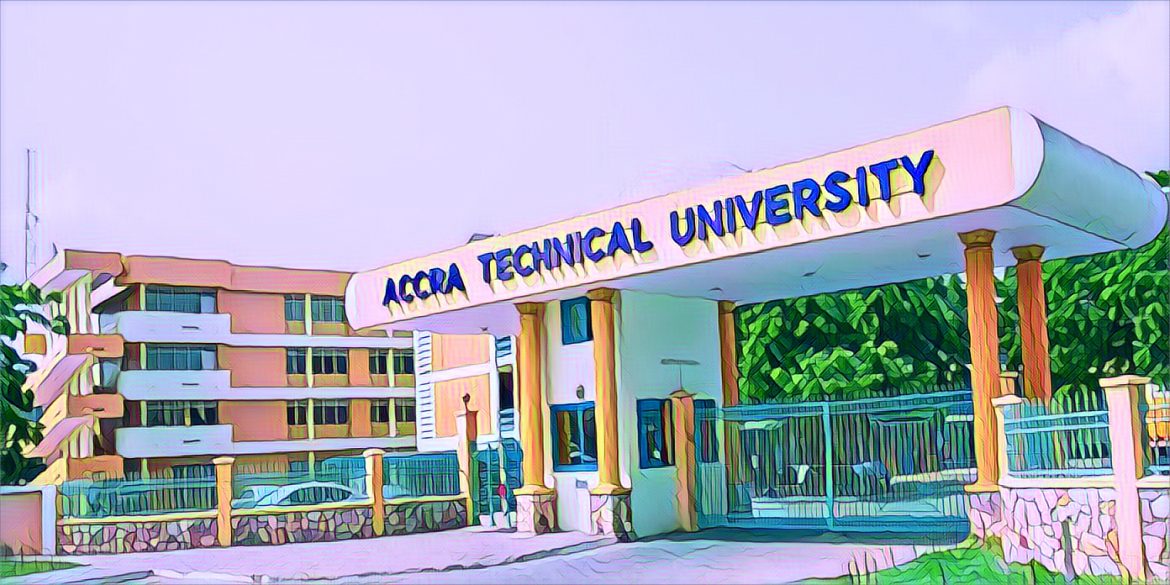In a landmark decision set to shake the foundations of Ghana’s higher education system, the Technical University Senior Administrators’ Association of Ghana (TUSAAG) has called for a nationwide strike starting January 8, 2024. This drastic measure comes in response to unmet demands regarding the conditions of roll-over of the retirement date, a critical issue impacting the lives of numerous staff members.
The Heart of the Matter: Retirement Date Conditions
The strike revolves around a specific, yet significant aspect of TUSAAG’s Conditions of Service – the roll-over of retirement dates. This provision, critical for the job security and welfare of the senior administrators, has seen lapses in compliance. The association’s decision to strike is not merely a reaction but a clarion call for respect and adherence to agreed-upon conditions.
A Complete Shutdown: The Strike’s Extent
TUSAAG’s statement paints a picture of a complete halt to the administrative heartbeat of Ghana’s technical universities. The strike will see the withdrawal of services across multiple departments, including crucial areas like finance, ICT, and facilities maintenance. This action signifies a significant disruption, impacting both fresh and continuing students and paralyzing the day-to-day operations of these institutions.
Why This Strike Matters: More Than Just a Protest
This strike is a pivotal moment in Ghana’s educational sector. It’s not just about a specific grievance but highlights a deeper, systemic issue of respect and adherence to employment conditions. It’s a fight for the dignity of the educational workforce, a call for justice that resonates across the corridors of power in Ghana’s higher education system.
The Ripple Effect: Students and Society at Large
The consequences of this strike extend far beyond the administrative offices. Students, the lifeblood of these institutions, will face significant disruptions. This action also places a spotlight on the broader issue of labor rights within Ghana’s public sector, questioning the commitment of authorities to uphold the terms of service they agree upon.
A Nationwide Call: Unity in Demands
TUSAAG’s move is not an isolated event. It’s part of a growing chorus of voices demanding fair treatment in Ghana’s labor market, especially in the educational sector. The nationwide nature of this strike underscores the widespread discontent and the unity of purpose among the staff of technical universities.
Navigating the Strike: Challenges and Opportunities
While the strike poses challenges, it also presents an opportunity for meaningful dialogue and resolution. It’s a chance for Ghana’s educational authorities to engage with TUSAAG, understand their concerns, and collaboratively work towards a sustainable solution. This strike could be a turning point, leading to improved conditions and a stronger educational system.
Looking Ahead: What’s Next for TUSAAG and Ghana’s Technical Universities?
The upcoming days are crucial. The strike’s impact will be closely monitored by stakeholders, including students, parents, and the government. The resolution of this impasse will set a precedent for handling similar issues in the future and will be a testament to the effectiveness of collective bargaining in Ghana.
In Conclusion: A Call for Action and Understanding
As TUSAAG members stand firm in their demands, it’s imperative for all involved parties to engage in constructive dialogue. This strike is more than a disruption; it’s a statement about the value of administrative staff in Ghana’s education system. It’s a reminder that agreements and conditions of service are not just paperwork but commitments that affect real lives and the future of education in Ghana.




